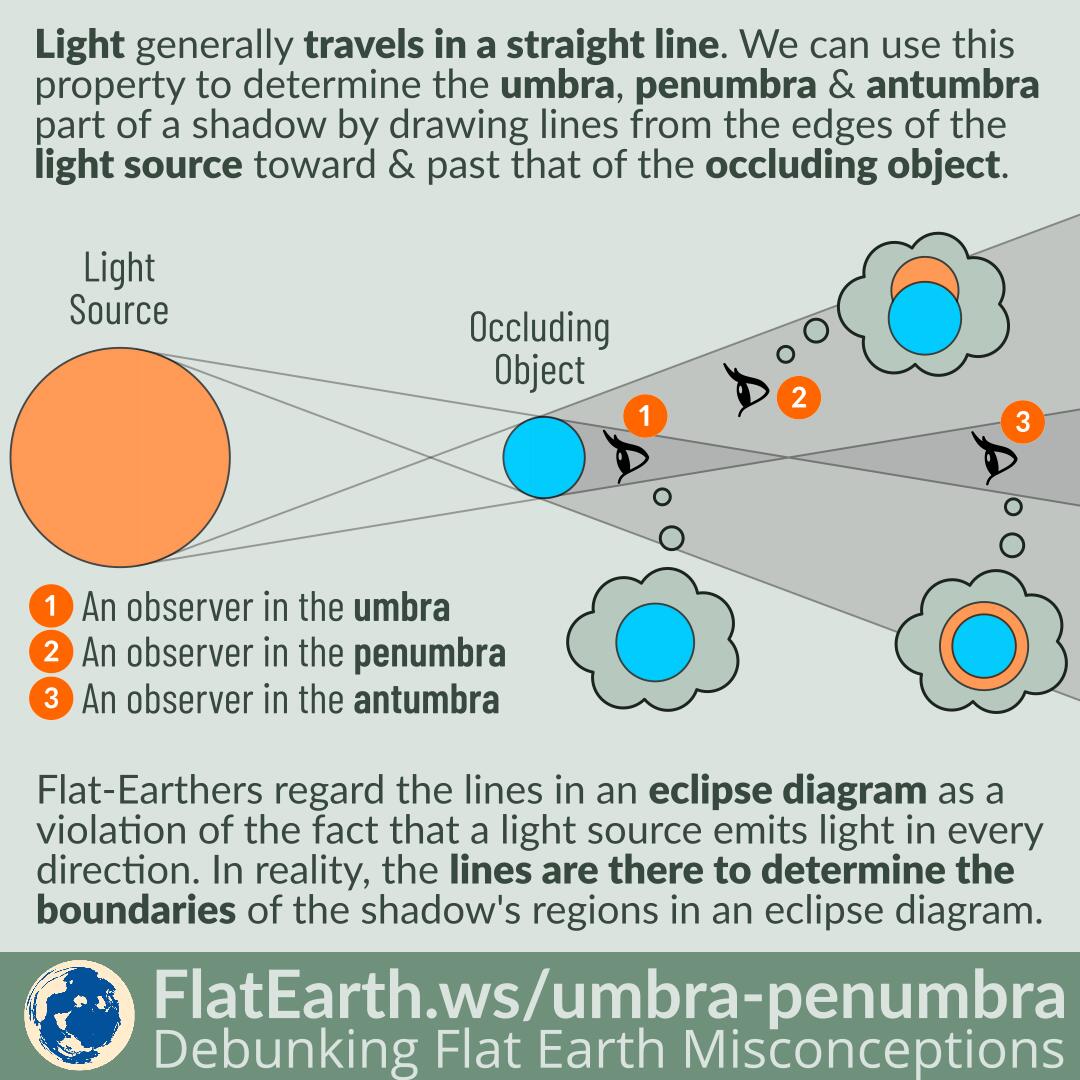Penumbral Perspectives: Umbralis and the Shadows of Philosophy
Imagine a realm where ideas dance in the shadowy corners of human consciousness, where the nuances of thought lurk in the penumbras of our understanding. Welcome to the intriguing world of Umbralis, a concept that stretches beyond the conventional boundaries of philosophy, inviting us to explore the depths of shadows that shape our intellectual landscape.
Umbralis Unveiled: A Philosophical Prelude
In the vast expanse of philosophical inquiry, Umbralis emerges as a captivating concept, akin to the penumbral zones that exist between light and darkness. It invites us to delve into the often overlooked, subtle intricacies of our thoughts, challenging the dichotomy of black and white thinking that has dominated traditional philosophical discourse.
Navigating the Penumbra: Shadows in Contemporary Philosophy
Contemporary philosophy has witnessed a growing fascination with the penumbras of thought. Scholars and thinkers are increasingly drawn to the shades that lie between certainty and ambiguity, challenging established norms and pushing the boundaries of intellectual exploration. This shift reflects a collective acknowledgment of the richness that exists in the uncharted territories of philosophical discourse.
In the penumbral landscape, shades of uncertainty prompt us to question assumptions, fostering a more nuanced understanding of the complex tapestry of human experience. Embracing Umbralis means embracing the shadows that accompany knowledge, recognizing that in the obscurity, profound insights often await discovery.
The Umbral Interplay: Where Shadows Shape Ideas
Umbralis invites us to rethink the nature of intellectual engagement, acknowledging that ideas are not static entities but dynamic constructs shaped by the interplay of light and shadow. In this context, shadows represent the unexplored facets of concepts, waiting to be illuminated by the light of inquiry.
Philosophical Dilemmas: Shadows in Ethical Considerations
One of the intriguing realms where Umbralis manifests is in ethical considerations. The shadows that surround moral dilemmas often lead us to question the absolutes of right and wrong, pushing us to confront the grey areas that challenge our ethical frameworks. As we navigate these shadows, we discover the complexity inherent in moral decision-making, recognizing that rigid moral binaries may not capture the subtleties of real-world situations.
Embracing Umbralis in Everyday Life
Beyond the academic corridors of philosophy, Umbralis extends its influence into our daily lives. It prompts us to reflect on the shadows that shape our perceptions, influencing our beliefs, attitudes, and interactions. Acknowledging the presence of Umbralis in our existence encourages a more open-minded and reflective approach to the complexities of the human experience.
The Shadows of Creativity: Umbralis in Art and Innovation
In the realm of creativity, Umbralis plays a pivotal role. Artists and innovators often find inspiration in the shadows, exploring the uncharted territories of imagination. The penumbral space becomes a breeding ground for novel ideas and groundbreaking concepts, challenging the status quo and pushing the boundaries of artistic expression and technological innovation.
Frequently Asked Questions (FAQs)
1. What is Umbralis in the context of philosophy?
Umbralis, in philosophy, refers to the shadowy spaces between well-defined concepts. It represents the penumbras of thought, where nuances and complexities often reside, challenging traditional dichotomies and prompting a more nuanced exploration of ideas.
2. How does Umbralis impact ethical considerations?
In ethical considerations, Umbralis manifests as the shadows surrounding moral dilemmas. It urges us to question rigid moral binaries and confront the grey areas, recognizing the complexity inherent in ethical decision-making.
3. How can individuals embrace Umbralis in their everyday lives?
Embracing Umbralis in everyday life involves acknowledging the shadows that shape our perceptions and interactions. It encourages a more open-minded and reflective approach, fostering a deeper understanding of the complexities that define the human experience.

